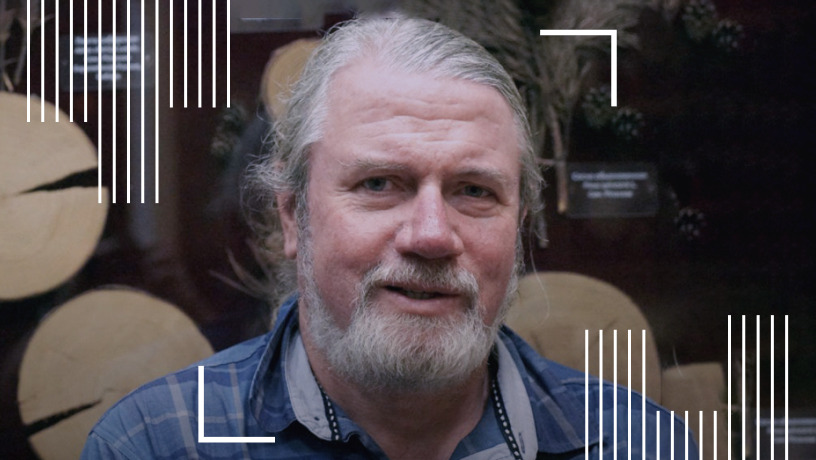
Machine assisted translation
A member of the T-invariant, Coordinating Council, Associate Professor at the University of Johannesburg Aleksei Oskolski adds a number of significant arguments to the discussion of the idea of boycotting scientists on the criterion of Russian affiliation that our publication has begun. In his opinion, the effect of such actions will be directly opposite to that intended by Ukrainian scientists, who called for a boycott in their open letter. Following this call would only strengthen Putin’s regime and, at the same time, set a precedent that would be threatening to the entire world of science.
I stand in solidarity with Ukrainian scholars in their desire to help their country, which is fighting a just battle against unjustified Russian aggression. I understand their motivations. However, I do not consider the measures they propose aimed at the personal international isolation of Russian scientists to be justified.
The letter from Ukrainian colleagues is written in the logic of military action. In the current situation, when scientists are separated by a front line, publications and reports indicating Russian affiliation are perceived by them as enemy propaganda, supporting a positive image of the aggressor country. An attempt to rectify this image by isolating Russian scientists from the international community leads, however, to worse consequences.
First of all, the strike is aimed at a wrong target. The majority of Russian scientists (especially those involved in international cooperation) do not approve their country’s aggression against Ukraine. This is evidenced not only by my experience with my colleagues currently in Russia, but also by the more than 8,000 signatures of Russian scientists under an open letter condemning the invasion of Russian troops in Ukraine (similar actions of scientists in support of the invasion have garnered only about a thousand signatures). Boycotting potential allies is shortsighted to say the least.
In addition, the media effect of isolating Russian scientists is unlikely to seriously affect Ukraine’s economy, the combat efficiency of its armed forces, and its international support. At the same time, such measures would provide a powerful propaganda leverage for the current Russian regime and contribute to the military mobilization of the Russian population. The Ukrainian scholars’ proposals are fully in line with the Kremlin’s internal policy of «besieged fortress».
Of course, quite a few Russian scientists are involved in military developments that are used in the current war against Ukraine. However, these scientists are weakly integrated into international cooperation, and a boycott is unlikely to affect them much. At the same time, the isolation of scientists who are not currently involved in weapons development may force some of them to go to work in the military-industrial sector.
The last but not least, Ukrainian colleagues insist on taking non-scientific circumstances into account when making decisions about the publication of scientific papers. The noble goals pursued by all this, in fact, justify a deviation from one of the basic principles of scientific communication and open wide opportunities for ideological pressure on science. If someone in the future were to demand, say, that articles be published only with the “correct” gender or racial composition of the author’s team, they could well refer to this precedent. Thus, the consequences of boycotting scientists with Russian affiliation could prove detrimental to scientific discourse as such.
In summary, I consider any measures aimed at actually weakening the economic and military potential of Russia, which is waging an unjust war of conquest, to be justified. This includes sanctions against Russian organizations, especially those associated with the military-industrial sector. At the same time, Russian affiliation as such should not be a reason to isolate a scientist from the international scientific community. Such a boycott is knowingly counterproductive.
Text: ALEXEI OSKOLSKI